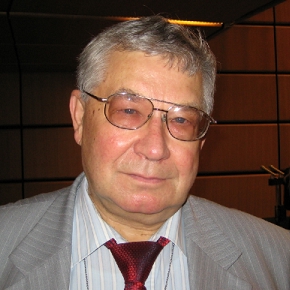 |
||
|
Higher Fukushima Radiation Levels Triggered By Typhoons RIA Novosti, PUBLISHED 18.10.2014 Radiation levels at JapanТs notorious Fukushima Nuclear Power Plant jumped after the plant was hit earlier this month by two typhoons: Phanfone and Vongfong. "The back-to-back weather disturbance typhoons Vongfong and Phanfone had triggered the elevated radiation quantities at the plant," writes the International Business Times, citing NHK, Japan's state-run media outlet. Asahi Shimbun reveals that another problem is that the groundwater flow into the plant's reactor building is increasing the amount of highly radioactive water by 400 tons a day. Although the corporation claims that it has succeed in reducing the influx by 130 tons a day due to its various counter-measures and its "underground water bypass project," these estimations have not been verified, the media source notes. The ambitious water-decontamination plans have yet to be completed and it remains to be seen when Tepco will be able to accomplish its task. Topics: NPP Fukushima Daiichi Other news: Rosenergoatom: Ukraine Fully and Timely Delivers Equipment for Russian Nuclear Plants For us, products made by Ukrainian manufacturers are very important. Finnish Government Approves Rosatom Nuclear Reactor Project Ten ministers voted in favor of granting the application, while seven ministers voted against. Prime Minister: Finland to Continue Nuclear Cooperation With Russia Despite Sanctions If we look at Rosatom's activities, there have been no problems whatsoever. |
Hero of the day 
The ISTC Responsible Science Program and Subprogram Culture of Nuclear Nonproliferation The dual-use nature of nuclear technology consisting in the potential for its application equally in peaceful and military sphere is the basic contradiction for the existing nuclear nonproliferation regime and comprehensive development of the nuclear power and nuclear fuel cycle. INTERVIEW
Jerry Hopwood OPINION
Joint Plan of Action |

